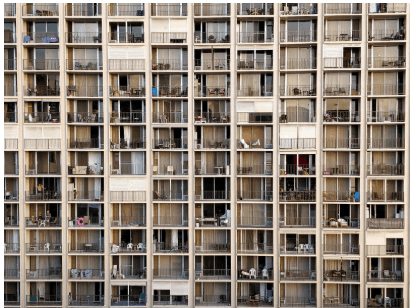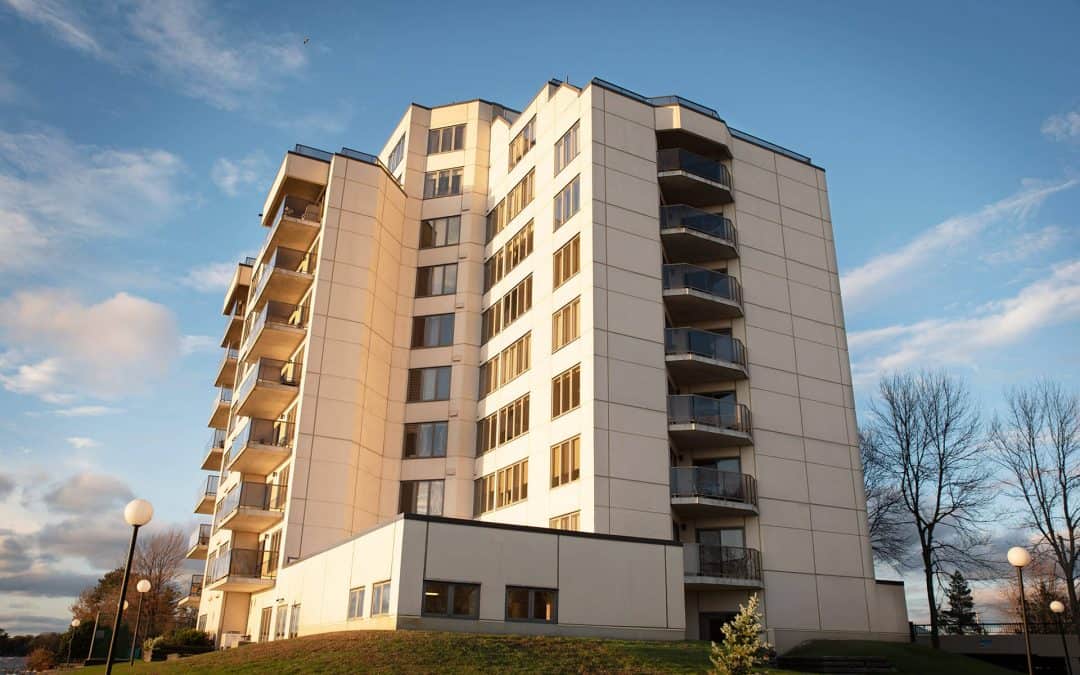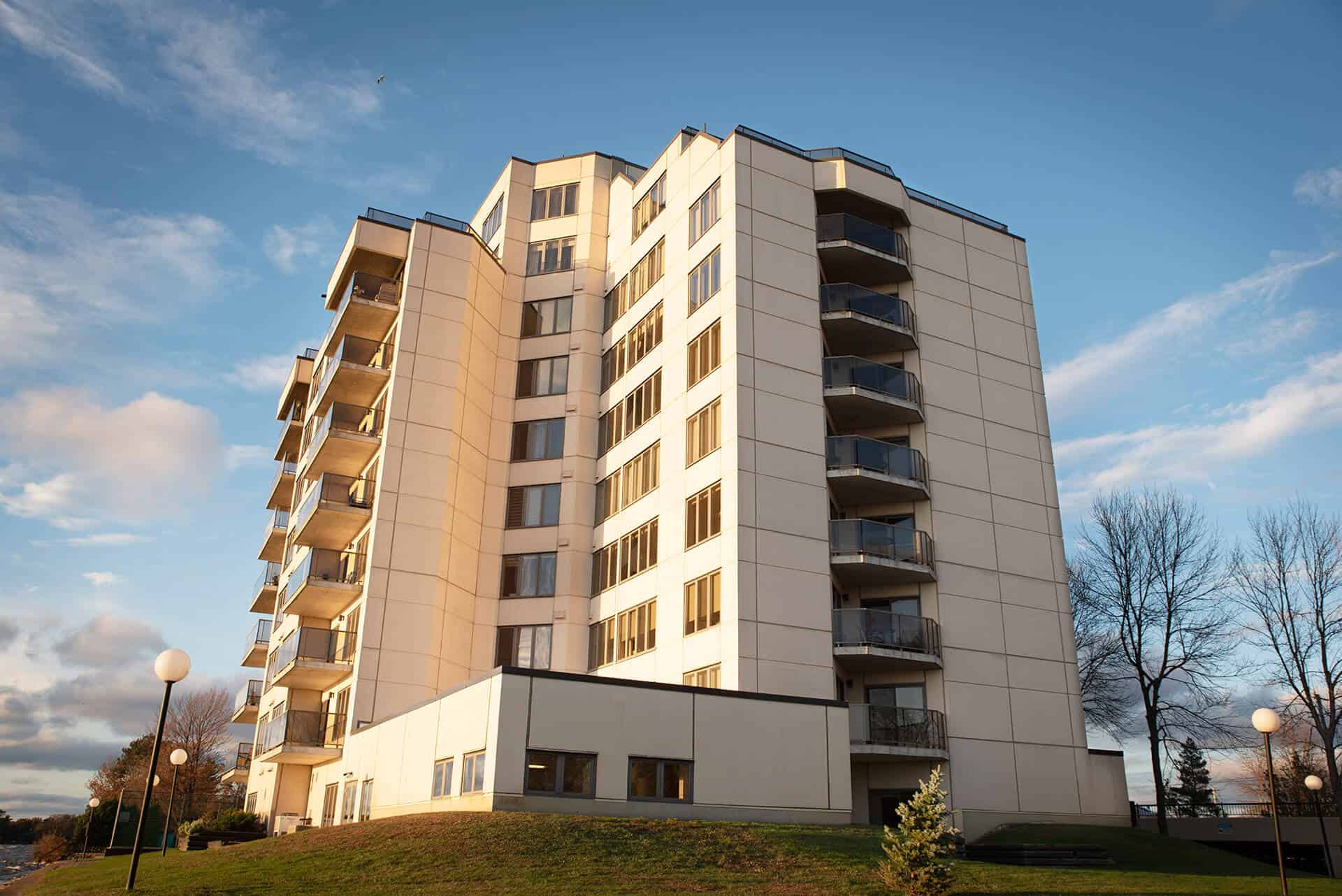X
More about Chris MacMillan.
Hired by a small consulting engineering firm after graduating high school, Chris spent most of his summers off from university preparing Reserve Fund Studies and Building Condition Assessments. After obtaining a Bachelor of Architectural Studies from Carleton University, and taking a 6-month working vacation on cattle and sheep stations in the Australian Outback, Chris joined the consulting engineering firm on a permanent full-time basis.
As the firm grew, so did his duties and expertise. Chris garnered extensive experience in the building science and restoration industry through performing investigations, testing performance of windows and walls, preparing specifications and drawings for major building remedial work, reviewing field restoration work, administrating restoration contracts, assisting with litigation support, and preparing performance audits for new condominiums; all while continuing to prepare Reserve Fund Studies and Building Condition Assessments. After further part-time education, Chris earned a Master of Engineering degree from the University of Toronto, with a Specialization in Building Science. Soon after his post graduate studies, Chris became a Senior Project Manager and Principal at the, now medium sized, engineering firm.
After 17 years of preparing reserve fund studies for an engineering firm, amongst a plethora of other technical and managerial duties, Chris decided to venture on his own to establish AvidCRP, a capital reserve planning company that specializes in the production of thorough, accurate, and fair Reserve Fund Studies. With an affinity for mathematics, problem solving, and building science, Chris is focused, enthusiastic, and well-suited to take on your capital reserve planning project.
Sample of completed academic courses:






